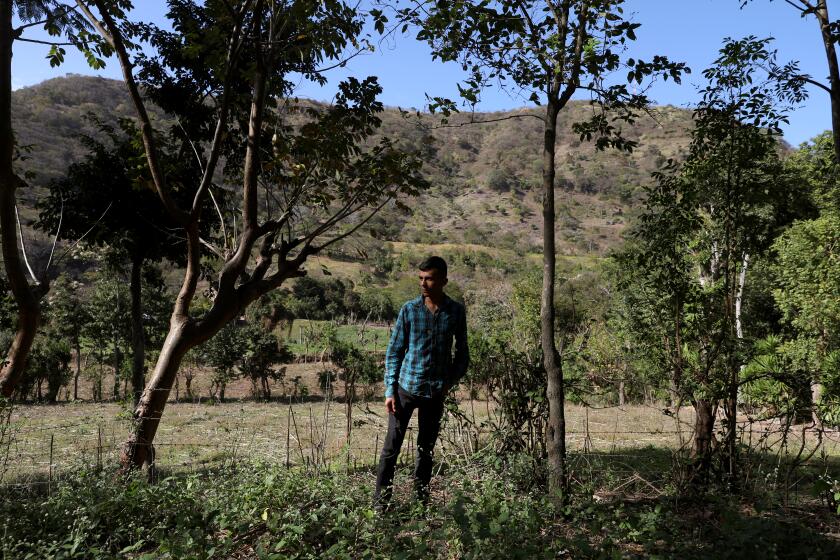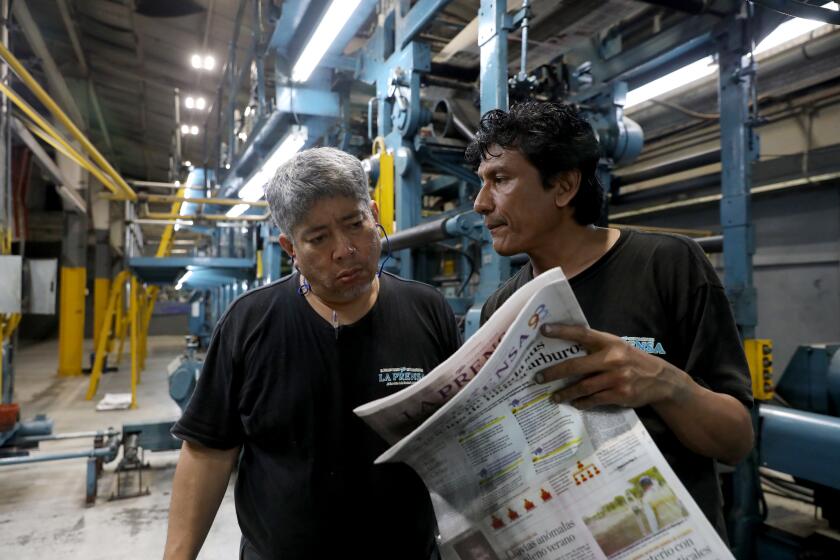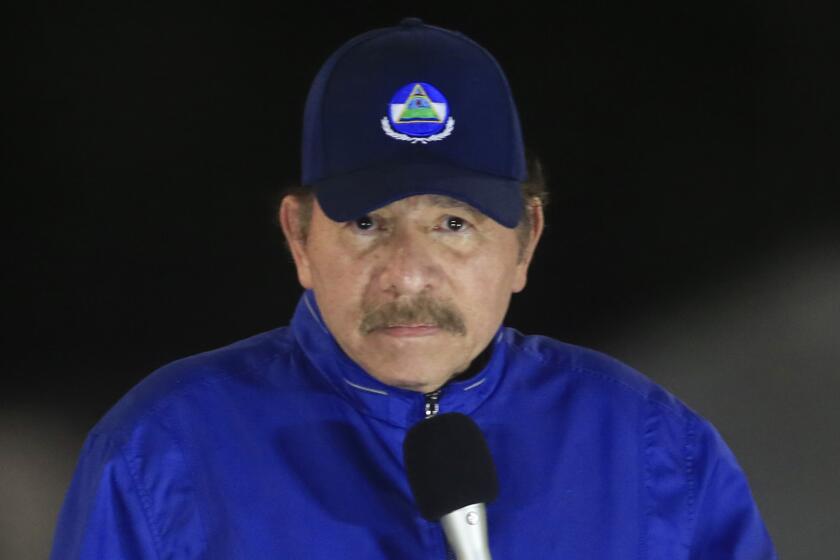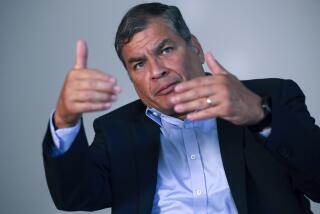Nicaragua’s ruling party essentially bans opposition from 2021 elections
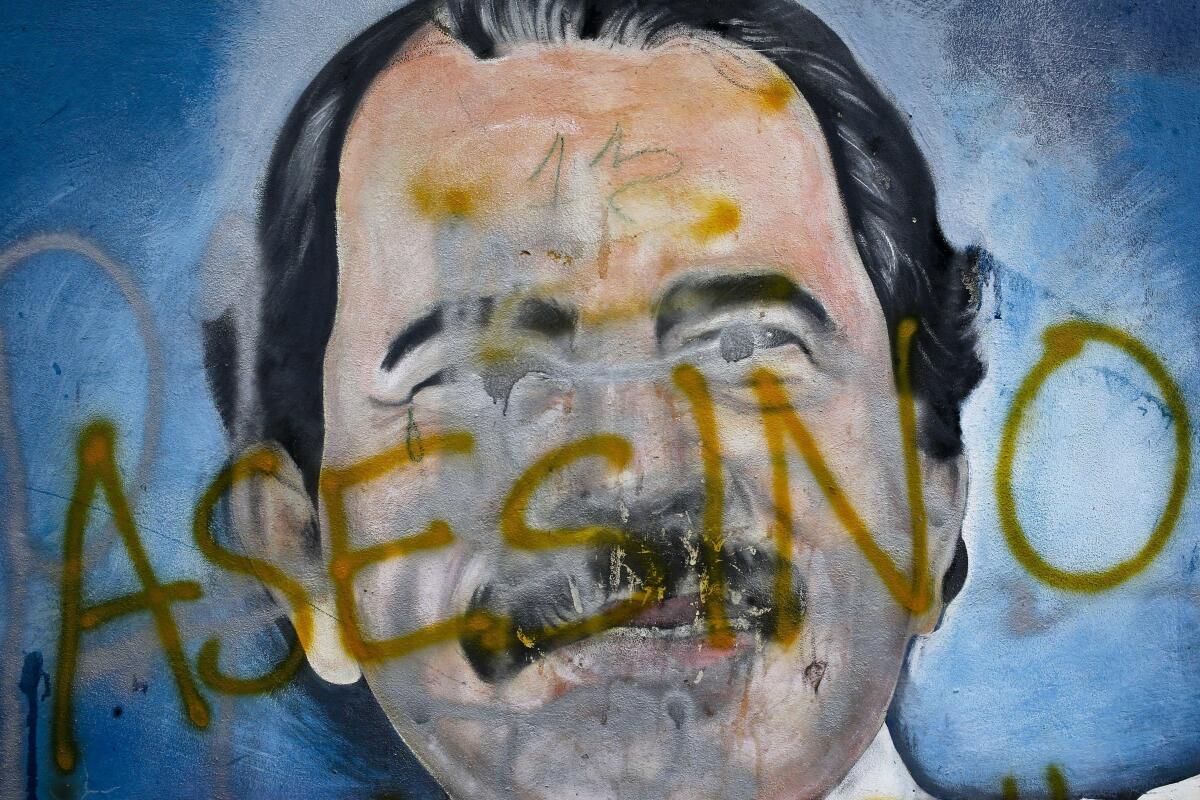
MANAGUA, Nicaragua — Nicaragua’s Congress, controlled by the country’s ruling party, has passed a law that would essentially ban opposition candidates from running in the 2021 presidential elections.
The law gives the government of President Daniel Ortega the power to unilaterally declare citizens “terrorists” or coup-mongers, classify them as “traitors to the homeland” and ban them from running as candidates.
Given that Ortega has already applied those terms to virtually the entire opposition and the leaders of massive 2018 protests against his regime, the law approved Monday appears aimed at sweeping aside the last roadblock to the continuation of his already-lengthy rule over Nicaragua.
The law bans candidates “who lead or finance a coup ... encourage foreign interference, ask for military intervention ... propose or plan economic blockades, applaud and champion the imposition of sanctions against Nicaragua or its citizens.”
So far, the United States has imposed sanctions on about 27 people close to Ortega and his wife, Vice President Rosario Murillo, including Murillo herself and three of her children with Ortega. The sanctions are aimed at bringing about free elections.
The law says people designated by Ortega “will be traitors to the homeland, and for that reason may not run for public office.” Treason is punishable by prison terms of up to 15 years.
Nicaraguan President Daniel Ortega appears to be hiding the truth about the coronavirus. Activists hope to expose it and turn the people against him.
Juan Sebastián Chamorro, the leader of the opposition coalition Alianza Cívica, wrote that Ortega should be the first person banned under the new law.
“The one whom they should apply this law to is Daniel Ortega, for all the human rights violations he has committed and the damage he has done,” Chamorro wrote in his social media accounts.
The elections are scheduled for Nov. 7, 2021, and despite term limits — which Ortega has already exceeded — the 75-year-old leader is expected to run again.
Ortega initially led Nicaragua from 1979 to 1990 following the Sandinista revolution that ousted the Somoza dictatorship, but he lost the presidential election in 1990.
Nicaraguan President Daniel Ortega has carried out a war on the press, jailing journalists and closing news outlets. In a blow to the storied La Prensa newspaper, he barred delivery of newsprint and ink.
He returned to the presidency in 2007 after three failed election attempts, and won reelection in 2011. He then sidestepped term limits to get himself reelected in 2016, and packed courts and government agencies with allies. His Sandinista party controls the courts and the legislature.
Seventy Sandinista legislators voted in favor of the new law Monday, while 14 opposition legislators voted against, arguing that it violated the Constitution’s guarantee of political rights for all citizens.
At least 325 people were killed in anti-government protests in 2018, according to the Inter-American Commission on Human Rights. Starting in April 2018, Nicaragua’s economy was devastated by nearly five months of unrest initially sparked by cuts to social security benefits but which quickly evolved into calls for Ortega to step down and allow early elections.
Nicaragua’s two main opposition groups had announced earlier this year that they would form a coalition to compete in the 2021 race. Neither the Civic Alliance for Justice and Democracy nor the Blue and White National Unity movement are among Nicaragua’s political parties. Both formed after civil unrest exploded in April 2018.
Nicaraguan President Daniel Ortega has reappeared after 34 days in which he was not seen in public.
The U.S. Office of Foreign Assets Control has periodically announced sanctions against “corrupt financial operations and Ortega regime supporters.” The move blocks the U.S. assets of the named officials and prohibits U.S. citizens from dealing with them. Washington says it is pressing Ortega to hold free and fair elections and respect basic rights.
On Monday, the office announced sanctions on three more officials in Ortega’s government, including the vice president of the Supreme Court, a Sandinista legislator and the country’s police chief.
On Friday, Ortega said that those who support the sanctions “are not Nicaraguans.”
“I don’t know how they think they are going to participate in an election with that attitude,” Ortega said. “They are terrorists, criminals and traitors, because they continue to ask for more sanctions.”
More to Read
Sign up for Essential California
The most important California stories and recommendations in your inbox every morning.
You may occasionally receive promotional content from the Los Angeles Times.
